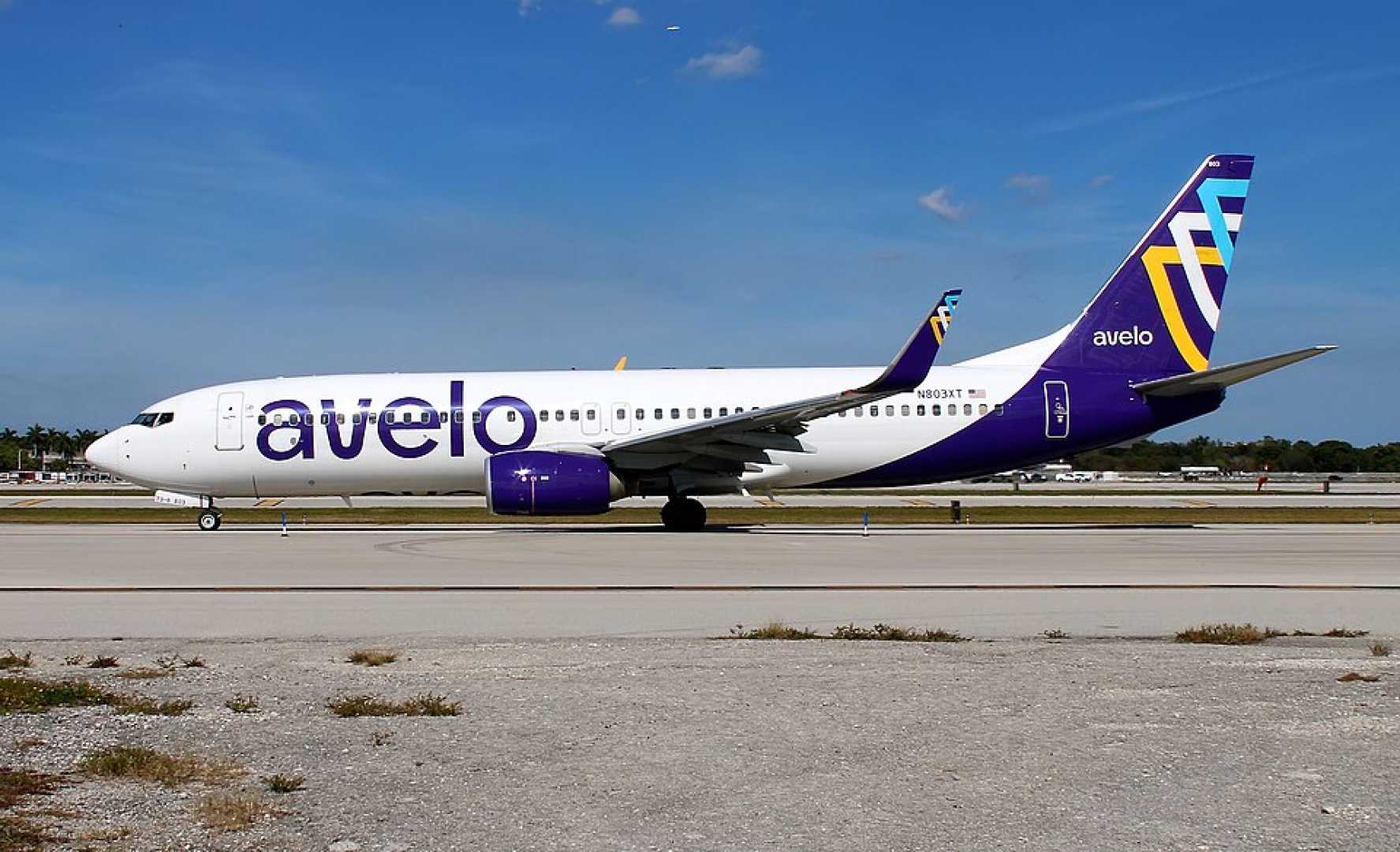News
New Haven Bans Avelo Airlines Travel for City Employees

NEW HAVEN, Conn. — The city of New Haven has officially banned its employees from using public funds for travel on Avelo Airlines as of Monday. Mayor Justin Elicker announced the decision in a memo, stating that no city funds may be used to purchase tickets, reimburse travel expenses, or promote the airline.
This action comes in response to Avelo’s partnership with U.S. Immigration and Customs Enforcement (ICE) to operate deportation flights, which has drawn criticism from local advocates and organizations. Mayor Elicker described Avelo’s involvement with ICE as ‘inhumane and often illegal,’ emphasizing that their actions contradict the city’s values as a welcoming community.
The memo, signed by Chief of Staff Sean Matteson, clearly outlines the restrictions on city funds for any activities related to Avelo Airlines. ‘Until further notice, the City of New Haven is prohibiting the use of public funds for any travel on Avelo Airlines,’ it reads.
Community organizations, including the Puerto Rican United (PRU), have also severed ties with Avelo, citing similar concerns over the airline’s deportation flights. PRU President Joe Rodriguez expressed solidarity with the community, stating, ‘This is not the America I believe in.’ Rodriguez noted that the decision to cut ties was made earlier this year as the organization aimed to support its members and the broader community.
Avelo Airlines issued a statement in response to New Haven’s decision, calling it ‘unfortunate’ and hoping for a future change in the city’s stance. Avelo spokesperson Courtney Goff emphasized the airline’s commitment to providing affordable and reliable service, while asserting that they have provided similar charter services under previous administrations.
In his statement, Mayor Elicker lamented the loss of a previous strong partnership with Avelo, referring to the airline’s choice to engage in deportation flights as a troubling path. He encouraged Avelo to reconsider their business decisions moving forward, reiterating that ‘travel should be about bringing people together, not tearing families apart.’
New Haven’s decision reflects a growing concern over corporate accountability and the ethical implications of partnerships between local governments and businesses involved in controversial practices.
The decree from the city highlights the impact of Avelo’s operations on the local community, as it intertwines with broader national conversations about immigration policy and human rights.












